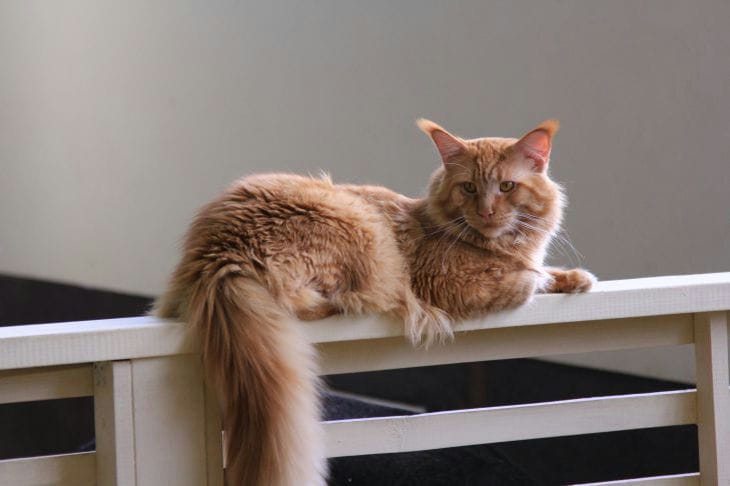- Cats' Sound Perception: The Role of Frequency and Intonation
- Instinctive response: nature and behavior
- Habit and learning: influence on behavior
- Communication with a person: mutual understanding and trust
- Features of communication: psychology of cats
- Influence of heredity: genetic factors
- Individual characteristics: each pet is unique
Why Do Cats Respond to Kiss Kiss Kiss: Secrets of Interacting with Pets
Cats, being independent animals, have a unique ability to respond to certain sounds, and "kitty kitty kitty" is one of them.
This phenomenon is interesting and makes one wonder about the reasons for such a reaction.
The issue is worth exploring further to understand the nature of such behavior.
Cats' Sound Perception: The Role of Frequency and Intonation
Cats have extremely keen hearing, allowing them to detect sounds that are inaudible to the human ear.
High-pitched sounds like "kitty kitty kitty" attract their attention because they are similar to the natural sounds cats use to communicate with each other.

For example, meowing or other vocalizations used in communication between kittens and their mothers are high frequency and elicit an instinctive response in the animal.
Short, repetitive sounds like "kitty kitty kitty" can remind your cat of these signals, which will stimulate a response.
Instinctive response: nature and behavior
Many researchers believe that cats' response to "kitty kitty kitty" is related to their hunting instincts.
Cats are natural hunters, able to detect the slightest changes in their environment.
Repeated sounds may be associated with the movement of small animals or noise made by potential prey. Instinct makes the cat alert and attentive to the sound, which can be an important signal in the wild.
Habit and learning: influence on behavior
The second factor that influences a cat's response to "kitty kitty kitty" is learning. Cats quickly learn to associate certain sounds with certain actions or events.
For example, if a person regularly uses "kiss kis kis" before feeding or playing, the cat begins to associate this sound with positive moments, which leads to a response. Over time, this association is reinforced and becomes a habit.
Communication with a person: mutual understanding and trust
The response to "kitty kitty kitty" may also be related to the level of trust between the cat and the person. Cats who are in close contact with their owner are better able to recognize their voice and intonation, which contributes to a stronger emotional connection.
When a cat hears a familiar sound, it responds to it as a signal for attention. Mutual understanding between a cat and a human plays a key role in how the pet responds to certain sound signals.
Features of communication: psychology of cats
Cats perceive the sound "kitty kitty kitty" not only as a call, but also as an element of play or interaction.
For some cats, this sound may signal the beginning of an exciting activity or a moment when they are receiving attention from a person.
Cats, being social creatures, enjoy interacting with humans, and the sound "kitty kitty kitty" can be the beginning of this process.
Influence of heredity: genetic factors
It is important to remember that there are genetic factors in cat behavior. Some breeds are more predisposed to being sensitive to sounds.
For example, oriental breeds are known for being "talkative." Genetics can determine a cat's sensitivity to sounds, including its name.
Individual characteristics: each pet is unique
Each cat has its own individual character and perception features. Some react instantly to "kitty-kitty-kitty", others may be indifferent.
These differences depend on the age, life experience and emotional state of the pet.
Some cats respond to "kitty-kitty-kitty" more intensely during times of stress or hunger; in a calm environment, their reaction may be less pronounced.
